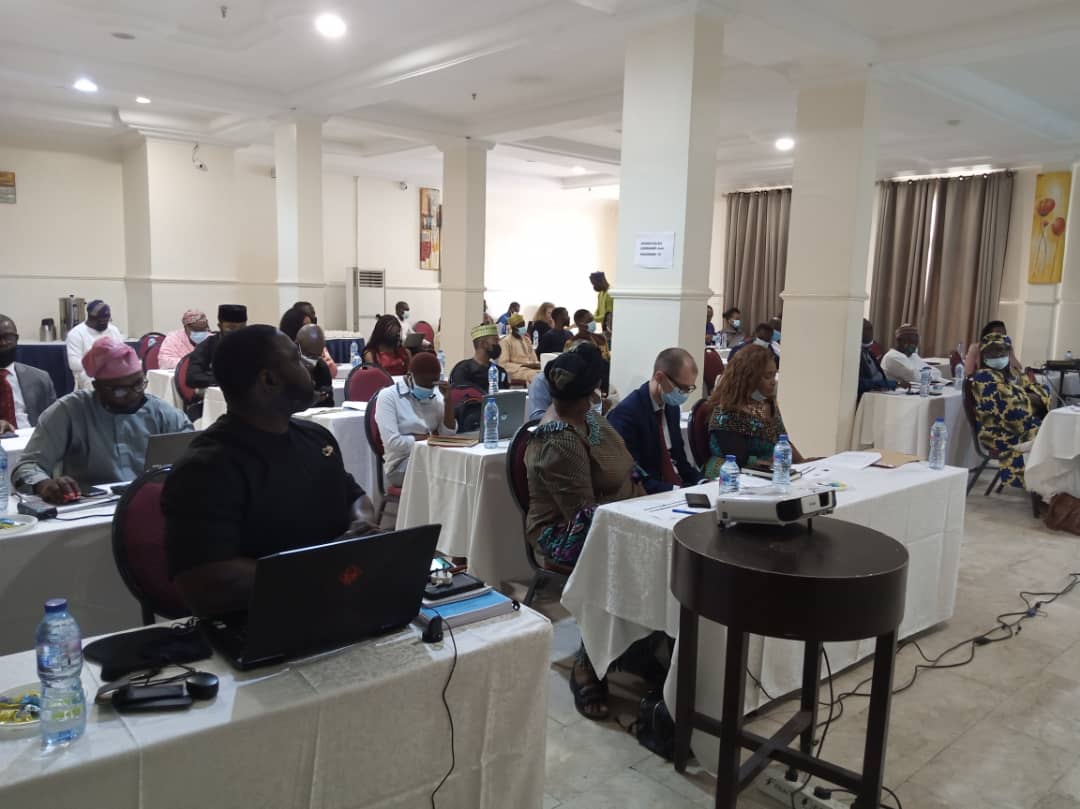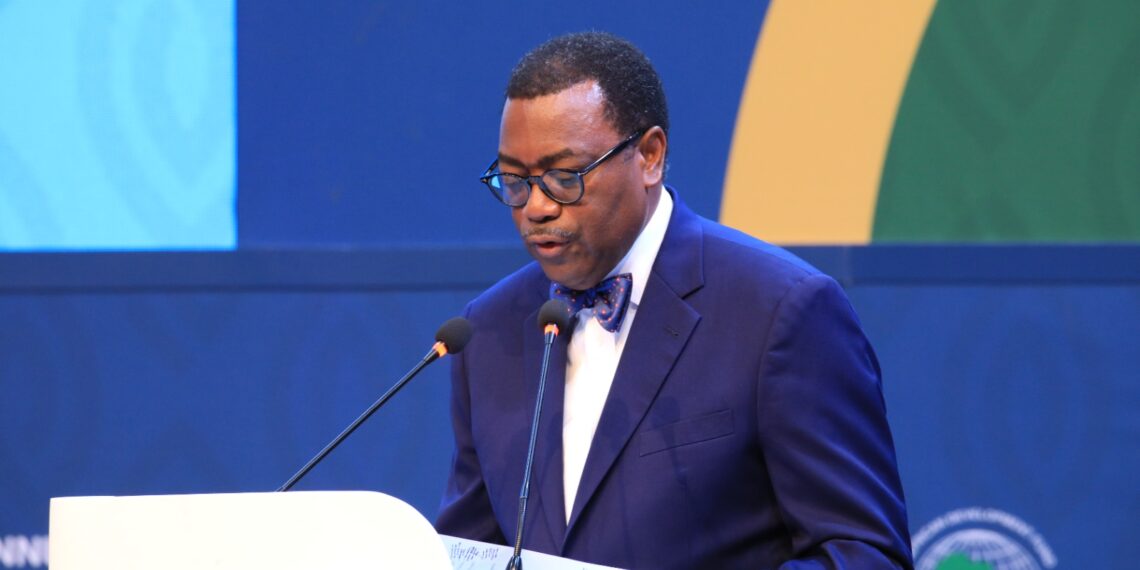
OGP non-state actors on CS engagement with the 2022 budget preparation process
- Health Sector
- No Comment
- 307

Background
We need radical improvement in all sectors of the economy. Lifting 100 million people out of poverty by 2030 involves generating innovative ideas that will create services capable of engaging skilled workforce and graduates in employment in the economy. Resource allocation and mobilisation will accelerate this process and enable a shift in the poverty rate within the country, improve Primary Health Care (PHC), reduce mortality rate especially women and children, reduce the percentage of children who are out of school and have no access to education facilities, provide accurate data to make planning possible.
It is true that every year the government of Nigeria releases the budget for the incoming year. How the budget will be implemented, for what projects, in what sector, which sector gets the most, which projects are going to be prioritised and not, are all dependent on what has been earmarked in the budget. The performance of these sectors and projects are solely dependent on what is stipulated in the budget.
In formulating this budget, citizens are not fully engaged. They are not consulted nor their participation sort. This keeps citizens in the dark and creates a situation where they believe there is misappropriation of resources, lack of accountability and transparency.
In other to change this narrative, the engagement of citizens should be sort and their demands made paramount in the budget formulation process, their inputs taken onboard and analysed. Agreements realised during this process should be captured in the Budget and implemented with the ability to question those in authority when failure in implementation occurs or does not occur at all.
This ensures inclusivity, transparency and efficiency and sets the trajectory for national socioeconomic development. Accountability and transparency in the government and the process, will negate non-implementation and noncompliance because of checks put in place.
To achieve this in Nigeria and in its budget formulation process, the OPEN GOVERNMNT PARTNERSHIP (OGP) in collaboration with PARTNERSHIP to ENGAGE, REFORM and LEARN (PERL) and UK Aid organized a workshop tagged The OGP NON-STATE ACTIRS ON CS ENGAGEMENT WITH THE 2022 BUDGET PREPARATION PROCESS had in participation, delegates including CSOs, members of the legislature and representatives of the less abled.
Objectives
A robust objective that is adhered to ensures that set goals are delivered as and when agreed. A wholistic objective was to get citizens involved in the budgeting process and to drive home the need for CSOs participation and strengthening in their various capacities, for effective and efficient deliberations with the legislature and MDAs as and when needed. The objectives of the workshop were:
The need for CSO’s to be well educated about the broad macroeconomic environment and the imperatives for fiscal application and public investment.
Accountability from the government about how previous plans have fared, with the aim to identify poor/weak plans, understand reasons for poor performance and what can be done to prevent a repeat.
Government’s performance of plans between 2021 – 2025 so that emerging broad goals of the country can be identified and captured in the 2022 budget.
In addition to the above, high security threats, shrinking reserves, food insecurity, challenges of revenue efficiency to pilot big issues were huge physical and socioeconomic constraints identified. These burden the already overburdened citizens of Nigeria, who bear the brunt of the near collapse of an already unstable economy with unemployment at an all-time high.
The need to lift 34 million people out of poverty by 2025 also came out strongly during the workshop sessions. To achieve this will involve creating about 25 million jobs, and requires:
- Massive efficient investment in Primary Health Care (PHC) service delivery systems.
- Massive investment in education that has learning outcomes geared towards skills development and initiatives and performance, which will mitigate illiteracy problems arising in the future, thus moving the poverty rate to 31%.
- An improvement in services that have the capacity to increase the life expectancy of Nigerians.
- Increasing the number of graduates who take on employment and keep it.
Methodology and delivery approach
The workshop was held from the 25 -27 of August 2021, at Bolton Hotel, Garki, Abuja, FCT. It incorporated interactive and plenary sessions by sectors and presentations by key speakers.
Dr Anne Nzegwu, OGP National Coordinator, thanked participants in attendance, highlighted the objectives and National Action Plans of the organisation and workshop and the need for transparency, accountability, citizen participation and responsiveness through technology and innovation.
Mr Sam Waldock, Head of Governance Team, FCDO, gave a message of hope. Hope to see more accountability in the delivery of goods and services, women and girls no longer systematically excluded and marginalised against, citizens engaged more in the affairs of the country as this will keep the Government on their toes, CSOs play a bigger role in the process, as they are one of the strongest, he has seen. He delivered a goodwill message with hope for the future of Nigerians and Nigeria.
Mr Tayo, Co-Chair, Non-State Actor, OGP NIGERIA, whose passion is geared towards the education sector, described the impact that inadequate infrastructure will have on the population of Nigeria in a few years. He mentioned that about 35 million adults who will arise from this derelict system if not fixed, will be illiterate. This will lead to all kinds of vices and youth demographic violence.
He explained the interdependence of the health, education and agriculture sectors. He illustrated that a child who has not eaten will not have the mental capacity to learn and absorb any information passed. This ultimately affects the health of the child which then hinders the child from coming to school to learn, in addition to the wellbeing of the child declining.
PERL-ECP’s John Mutu admonished CSOs to be better prepared by way of building capacity; in his own words ‘be a specialist’ as they can be called upon at short notice to engage with MDAs for delivery and/or services in their respective fields. He said to take advantage of the new citizens engagement platform in the budget process and hopes that gender-based specialists and less abled individuals’ representatives are represented.
Others speakers mentioned that MDAs return unused funds and that this creates a situation where the demand for additional funds is not justified. Even the funds allocated are inadequately disbursed and utilized; CSOs do not have adequate funding to monitor and track implementation, rendering their voices silent and that boys ought to be included in the educate campaign, just like girls, as the society, culture and traditions create an imbalance where marriage brings girls who become women into subjection to their husbands and families, thus creating an uneasy life for couples and families.Key recommendations
Key recommendations
Recommendations included:
- To increase funding in the budget to enable realisation of prioritised areas in various sectors.
- Revitalisation of existing 3,400 PHC centres, with the need to increase capacity to 6,800 by 2022 ending.
Contributed by Eruemolor Angela (LISDEL)
Edited by Juliana Aribo-Abude (LISDEL)





